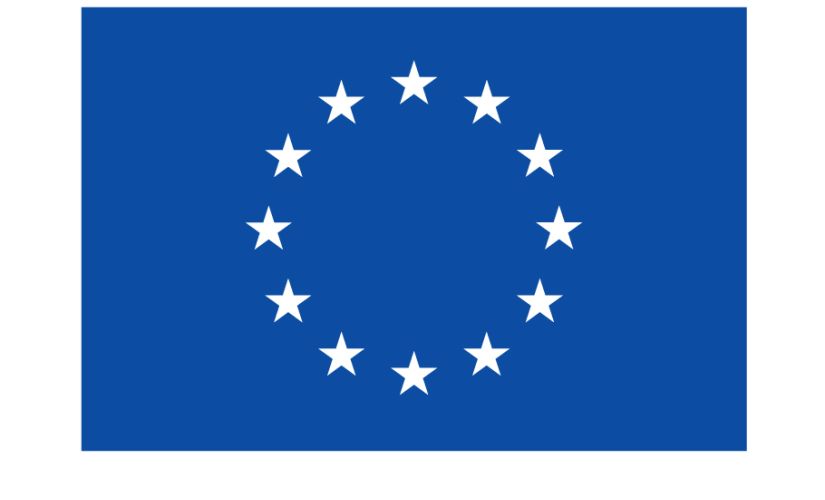Lodz University of Technology will embark on five innovative international projects funded from the EU's Erasmus+ program. Their combined budget exceeds €1.3 million and TUL is the lead of three of them.
IntegratESG is to focus on education and professional training on the application of ESG (Environmental, Social, Governance) principles. The project, carried out in collaboration with partners from Bulgaria, Italy, Cyprus, and Austria, is intended to prepare future leaders to do their job while mindful of environmental, social, and corporate responsibility.
The goal of another project, GreenEDU, is to design cutting-edge educational tools leveraging augmented reality, information and digital technologies. Through collaboration with partners from Cyprus, Estonia and Belgium, students will be given the opportunity to advance their green and digital skills, in preparation for the challenges of the present-day job market and in support of the development of academic staff.
Both projects will be conducted at the Institute of Information Technology at TUL's FTIMS with TUL professor Aneta Poniszewska-Marańda as the project lead.
TUL International Cooperation Centre is the lead of the project ACE (Alliance for Community Engagement in European Higher Education) and is intended to foster community engagement in higher education. Conducted in cooperation with partners from Ireland, Serbia, Estonia, Denmark, and Germany, the project is designed to reinforce social responsibility of institutions of education and advance social innovation and local communities. The project is coordinated by TUL professor Dorota Piotrowska.
Another project, JUMP, is expected to strengthen student innovation and entrepreneurship competence by way of Challenge-Based Learning Minor mobility program. Carried out within the European Consortium of Innovative Universities (ECIU), the project should enable students to gain practical experience through specialized courses and modules. The University of Trento leads the project and is supported by the following partners: French INSA, Swedish Linköping University and Polish Lodz University of Technology. At TUL, the efforts are coordinated by prof. Jacek Sawicki of the Institute of Materials Engineering in the Faculty of Mechanical Engineering.
VRChem (Innovative Integration of Virtual Reality in Chemical Engineering Education) is a project in which the work of researchers from the Voxel Research Lab of the Institute of Mechatronics and Information Systems is coordinated by dr inż. Grzegorz Zwoliński. The project leader is the Krakow University of Technology.
Last but not least, the CU Green! project takes into focus the activities of children's universities. Beyond exchange of experience, it also seeks green solutions for this type of institutions. Involved will be volunteers from children's universities in Innsbruck (lead), Bucharest, and Lodz University of Technology. Anna Janicka is the director of TUL ŁUD.

